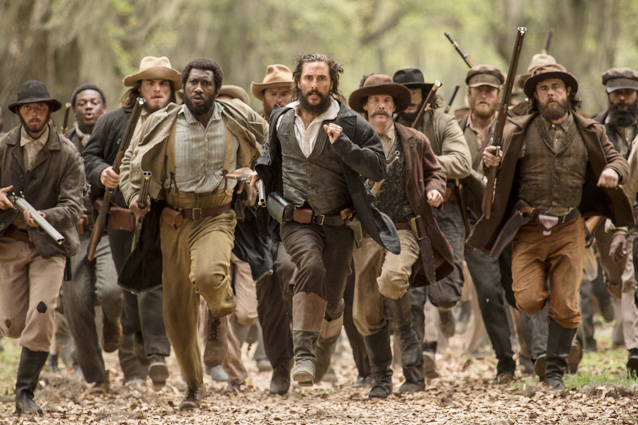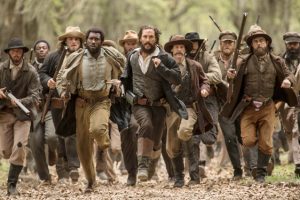Interview: Johnny Simmons of “The Phenom”
Posted on June 29, 2016 at 1:55 pm
Johnny Simmons has the title role in The Phenom, an exceptionally intelligent and insightful film about a troubled young major league pitcher and the therapist who helps him understand the impact his abusive father has had on him. Simmons is one of my favorite young actors and it was a treat to get to talk to him about the role. The film was released in theaters and on VOD and digital June 24, 2016.
Simmons plays a character who does not speak much and through much of the film has very little insight about himself or the people around him. “It was challenge,” Simmons told me, when I asked him about acting when the character is so subdued. Writer/director Noah Buschel “kept constantly bringing it back and pulling it back and pulling it back and I think that that’s reflective in the outcome; you see that in the movie. So on the set, it was the first film where I ever left a set early because we got done shooting earlier that we even expected. I think we left like 1 or 2 o’clock in the afternoon which if you’ve ever been on set that is just unheard of. And I think it’s because Noah knew exactly what he was going for and it’s in his vision from the very beginning. So it was hard to do at times because you are going to want do something when you are an actor and I learned how to pull it all back honestly.”
I asked what Buschel first told him about Hopper, the character he would be playing. “The one thing that was a clicking moment for me was when he said if there was an empty chair in the corner of the room that’s where you would find Hopper. Once I heard that I was like okay. He is really shy.” It wasn’t so much that Hopper was trying not to feel anything. “I think he is unable to feel. I don’t know if it’s intentional but he is certainly cut off or removed.” Simmons loved the script the first time he read it. “I felt that I knew what I wanted to do with it at that point — which by the way totally changed. But I could see where I wanted to go right away. It’s like you start reading the script and you know what’s coming because you tapped into the way the writer’s head was when he was writing it. I feel like that very rarely happens but it does happen when you’re like – I know what he is about to say. And that’s such a cool feeling.”
He felt lucky that the original start date was pushed back, which gave him more time to work on the role. “So we had a lot of time to talk about it that’s one thing. More often than not especially on a smaller budget film you don’t have any time. So we have to kind of fall into each other’s arms and just trust each other. So you always wish your last day was your first day because what you know about the experience makes you feel like you are ready to begin.”
Hopper is caught throughout the movie between two symbols of masculinity: the therapist, played by Paul Giamatti and the father, played by Ethan Hawke. Simmons said that anyone can identify with the struggle to find a role model and the consequence of learning that someone you look up to is not all you had thought or hoped. “I know that I had to figure all that out as well and I think I’m still figuring it out. I don’t know if you ever arrive at the place where you are like, ‘Oh that’s who I want to be,’ because I have been lucky and also unlucky in that I’ve met a bunch of my heroes. It happened to me on this film. Luckily on this film everybody that I met was incredible but sometimes your hero can be a letdown if you let it be because you realize that they are just human. And then that teaches you something. At first it’s a bummer because you are like, ‘Oh damn, they are human.’ I think that Hopper is kind of in that group where he is just a complete anomaly, somebody who really makes it to the major leagues and he gets the opportunity to realize that having your dreams come true doesn’t necessarily mean roses and happy love songs. I don’t know if that’s the truth for everybody but it has definitely happened to me. I have a couple of friends who have gone pro in sports and if you are off by an inch it’s an entire mind game for the next week. That’s how it works, like your whole world is based around an inch. Being an actor but your whole world turns on an inch, too. I guess the goal would be to not let it be that. Everybody is going to have their own issues that they bring to the table but for me the best thing is just giving over to whatever is there and trusting whatever is there and enjoying it. It’s so easy to become caught up by ‘I’ve got to do this’ or ‘I’ve got to do that’ and most of the times the best stuff comes from when you are not trying to do anything and when you let go. Just trust those around you and trust yourself.”


